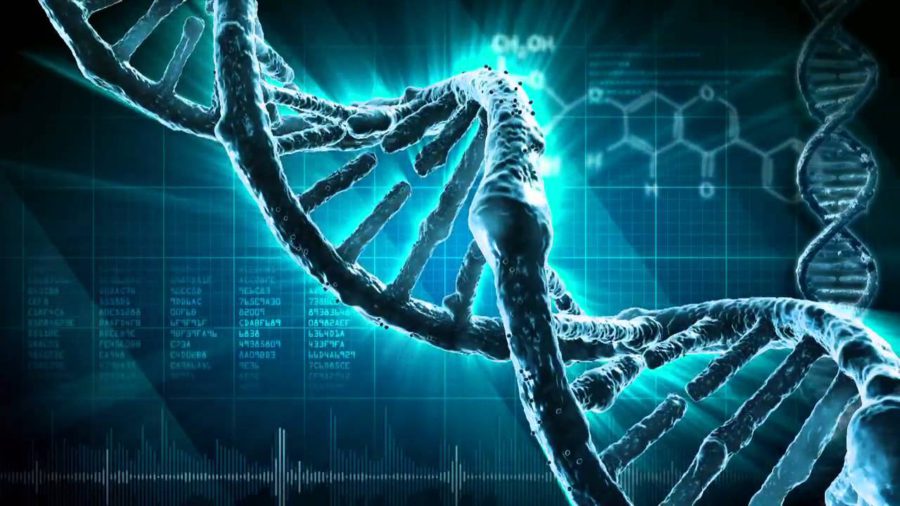The last couple of years has transformed our lives completely with digital technology and now aimed to the healthcare landscape. Medical industry has already undergone radical transformation yet this is just the beginning as huge waves of change are on their way.

It’s therefore extremely important to familiarise with the latest technologies and trends in the medicine to prepare for the future. Even with all the advanced practices such as an online doctor app, let’s not compromise the traditional human touch and make the transformation worthwhile.
- Sci-Fi of yesteryears became today’s healthcare innovations
Let’s begin with some of the most amazing examples to achieve a record in medical science unlike anything ever heard or experienced!
- Expert surgeons at the Royal London Hospital conducted the very first brain surgery on an aneurysm which is recorded in Virtual Reality (VR).
- Researchers from the Florida Atlantic University are creating a placenta-on-chip which is programmed to simulate the microenvironment of the maternal-foetal border.
All these researches are only early breakthroughs pointing to a future where new diseases can be researched without actually extracting human embryo or foetuses. Yet another recent study concluded that patients with rheumatic or structural cardiac diseases would be outfitted with a pocket-sized, smartphone-connected ECG device which is future face of an online doctor app, offering hospital-like treatment on the go.
- Preventive medicine
As digital technologies are integrated with the World Wide Web, it paved different ways for knowledge to transcend beyond the simple medical professionals, allowing laypeople to gain medical expertise which otherwise would’ve taken centuries.
Patients nowadays have access to information on many different drugs, cures, surgeries and medicinal usage with a pinch of digital expertise. Almost anyone can find credible and curated medical data online hanging the very hierarchical relationship between a patient and a doctor into rather a collaborative partnership.
Patients have fast and easy access to crucial medical details as well as data of their own organisms through various tracker, wearable tech and gamification-based sensors. This approach is geared towards a more preventive healthcare rather than reactive medicines where data helps in avoiding chronic diseases and maintain a healthy lifestyle.
- Diagnostic at the point of care
All these sensors, wearable and trackers collect unimaginable amount of data as well as put patients in the centre of medical care. While we’re far away from that medical tri-corder as seen in Star Trek, the high-powered microscopes through smartphones to analyse images of the skin lesions and swab samples for instance.
Sensors are able to detect abnormalities in the DNA, antibodies as well as specific proteins. Think of an electronic nose or an ultrasonic probe that can be connected to a smartphone’s online doctor app and augment the features for better treatment.
Advanced genomics and Artificial Intelligence (AI) have all it takes to revolutionise diagnostics. As the cost of genetic sequencing declines rapidly, it further paves way for precision medicine and DNA-based diagnostics all at once with deep learning and smart algorithms becoming significant players in radiology. It detects diseases through medical imaging, solves complicated issues and supervises diagnostics.
- Advance therapy & follow-up
Amazing innovations such as robotics, telemedicine, 3D printing, nanotechnology, artificial intelligence and many others supports painless and quick therapy and patient’s recovery. Surgical robots and nano-bots are able to swim in the body fluids thereby allowing minimal invasive procedures. 3D printing would replace the traditional plaster cast, providing biomaterials such as artificial skin for the burn cases.
Exo-skeleton devices would further support and protects the human body from outside while allow the paralysed to walk and help rehabilitation of the patients suffering from stroke or injury to the spinal cord. All these technologies in the medical industry are simply astonishing yet as real as the world itself.
Conclusion
The consequence of digital technologies let patients spend less time in the hospitals while constantly wired with various health sensors, wearable and online doctor app which measures individual’s vital signs for better prevention and treatment.